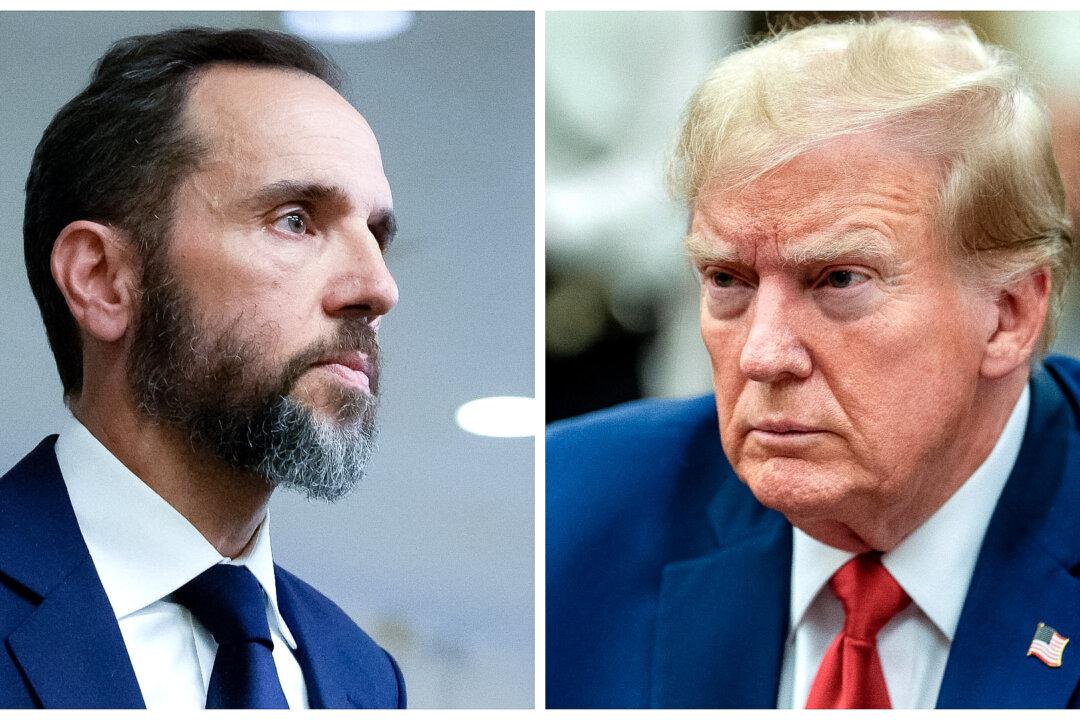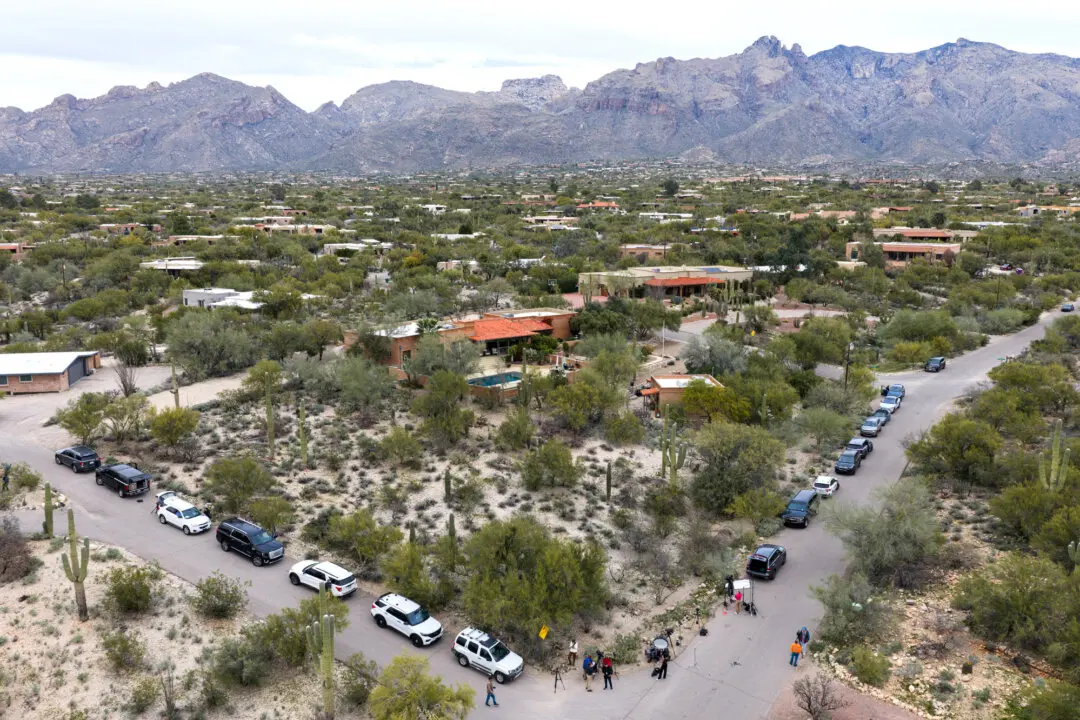The U.S. district judge in the classified documents prosecution of former President Donald Trump ruled on Tuesday that two of the former president’s co-defendants shouldn’t be given personal access to classified materials.
Previously, special counsel Jack Smith filed court papers requesting that Judge Aileen Cannon block requests from Walt Nauta and Carlos De Oliveira, the two Trump co-defendants, to see the classified documents. His team argued that it is not necessary for Mr. Nauta, an aide to President Trump, and Mr. De Oliveira, a manager at the former president’s Mar-a-Lago estate, to see the materials.





